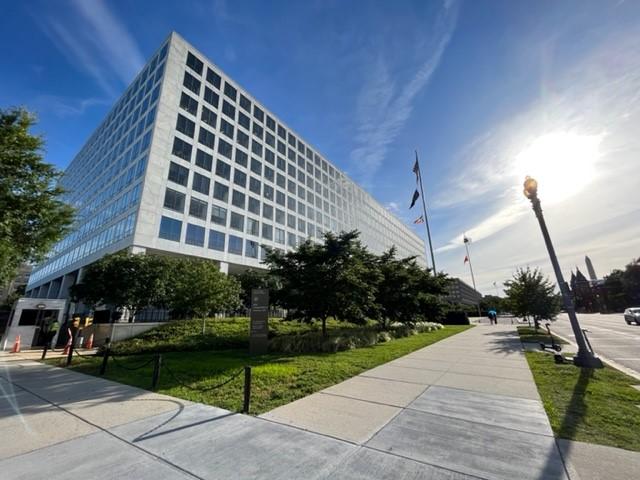
Since Michael Huerta, the last FAA Administrator to serve out his full term, left office in January 2018, the agency has spent more than half the time being led by an interim top executive.
The current boss, Billy Nolen, is also serving in an acting capacity, having replaced Steve Dickson a year ago. Nolen has announced that he will leave the agency this summer—an internal note from another FAA official suggested it would be June—all but guaranteeing another interim will step in while the Biden Administration and Congress dither over finding an acceptable permanent administrator.
To be clear, the FAA doesn’t need a permanent leader to be functional, or even effective. But not having one generates problems that affect the agency, lawmakers, and the public.
The ideal administrator serves not as a technical expert or flight safety savant, but a competent, decisive, and politically transparent leader.
A 1996 law fixed the administrator’s term at five years, in part to end a run of politically driven changes at the top that saw the average term running about two years. With a fixed term and a clear mandate—to help the agency fulfill its mission providing “the safest, most efficient aerospace system in the world”—the administrator has full authority to back the agency’s technical experts, push for needed resources, and make hard calls.
Elevating a senior executive to fill in as acting administrator disrupts this in several ways. In the case of Nolen, the agency lost the leader of its Aviation Safety office—the role Nolen was hired to fill. Dave Boulter was elevated to fill Nolen’s slot on acting basis, and Boulter’s role as head of flight standards was back-filled as well. All of it is temporary until the job at the top is filled permanently.
Functional? Yes. But hardly optimal.
As for making hard decisions, it’s easier to deal with the ramifications when the buck stops with you, as it does with a permanent administrator. Making a tough call and sliding back into the rank-and-file may be harder than waiting to make the tough call in the first place.
It’s also better to have the tough calls made by a person hired and vetted to make them.
Having an interim leader answer doesn’t help Congress, either. Lawmakers have been particularly hands-on in recent years in telling the FAA how to do its job. Is it reasonable to expect a fill-in to respond as effectively as a dedicated leader?
The 1996 move to de-politicize the FAA administrator’s role set the stage for politicians to make reasoned choices when selecting candidates for the position. When President George W. Bush nominated Norman Mineta as Transportation Secretary in 2001—the lone holdover from the Clinton administration and lone Democrat Bush’s incoming cabinet—it seemed to suggest Washington was beginning to value the importance of prudence over politics in transportation policy.
The politics are back, of course—and in a big way. Republican senators worked to derail Biden nominee and Denver International Airport CEO Phil Washington’s candidacy to replace Dickson and relieve Nolen without casting a single vote, citing his lone year of aviation experience as one drawback.
The administration did itself few favors by nominating Washington. While he may have the qualifications necessary—he’d have walked into FAA headquarters with more aviation experience than Jane Garvey or Huerta, to name two—the resume didn’t fit the current environment. Despite some concerns that the agency is too close with industry, bipartisan pressure on the FAA following the Boeing 737 MAX saga to make big (and complicated) changes all but demanded someone with a longer aviation track record take charge.
That Washington was part of Biden’s transition team did not help—even though his focus was transportation. The role made him too tempting a target for Republicans eager to make trouble via accusations of patronage trumping merit.
If the administration is serious about the FAA being serious, Biden’s next nominee will be picked based on one qualification: an unimpeachable ability to make the FAA better.
Nolen will soon be gone. The FAA will soldier on.
How effectively depends as much on those in power in Washington as those with FAA badges.

